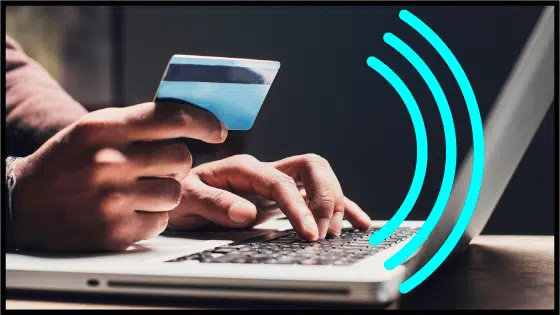In this digital age, the concern of virtual spying has become increasingly prevalent. Many individuals worry about the possibility of someone infiltrating their cloud accounts and gaining unauthorized access to their personal information. However, there is a solution to alleviate these concerns – cloud account forensics. By employing the expertise of professionals skilled in this field, one can identify any unwanted surveillance or hacking attempts on their online accounts. Cloud account forensics involves the careful examination of digital evidence, such as access logs and login attempts, to determine if any unauthorized access has occurred. With the help of this specialized field, individuals can take proactive measures to protect their privacy and ensure the security of their online accounts.

Cloud Accounts Forensics
With our cloud forensics tools, we collect and analyze your cloud account data for signs of surveillance.
Fast & Convenient
Fast service is a key aspect of efficient and effective operations, and it is particularly valuable when it comes to collections. With fast service, customers can rest assured that their needs will be met promptly and without delay.
Cost-Effective
Transparent flat-fee pricing. The flat-fee services are all-inclusive. Therefore, we don’t charge for phone calls, emails, meetings, data storage, or written report.
Detect monitoring or hacking of your online account with our electronic cyber analysis.
$1,975
Forensic Collection of Cloud Account Data and Information
At Howe Law Firm, we understand the importance of maintaining the integrity of digital evidence during investigations. Our cloud account forensics service ensures a fully defensible collection process, adhering to stringent standards to protect the integrity and admissibility of the evidence. If we identify signs of surveillance, our team will work closely with you to preserve the evidence effectively. We recognize the significance of this evidence in legal proceedings and are dedicated to providing our clients with comprehensive and reliable support throughout the entire process.
